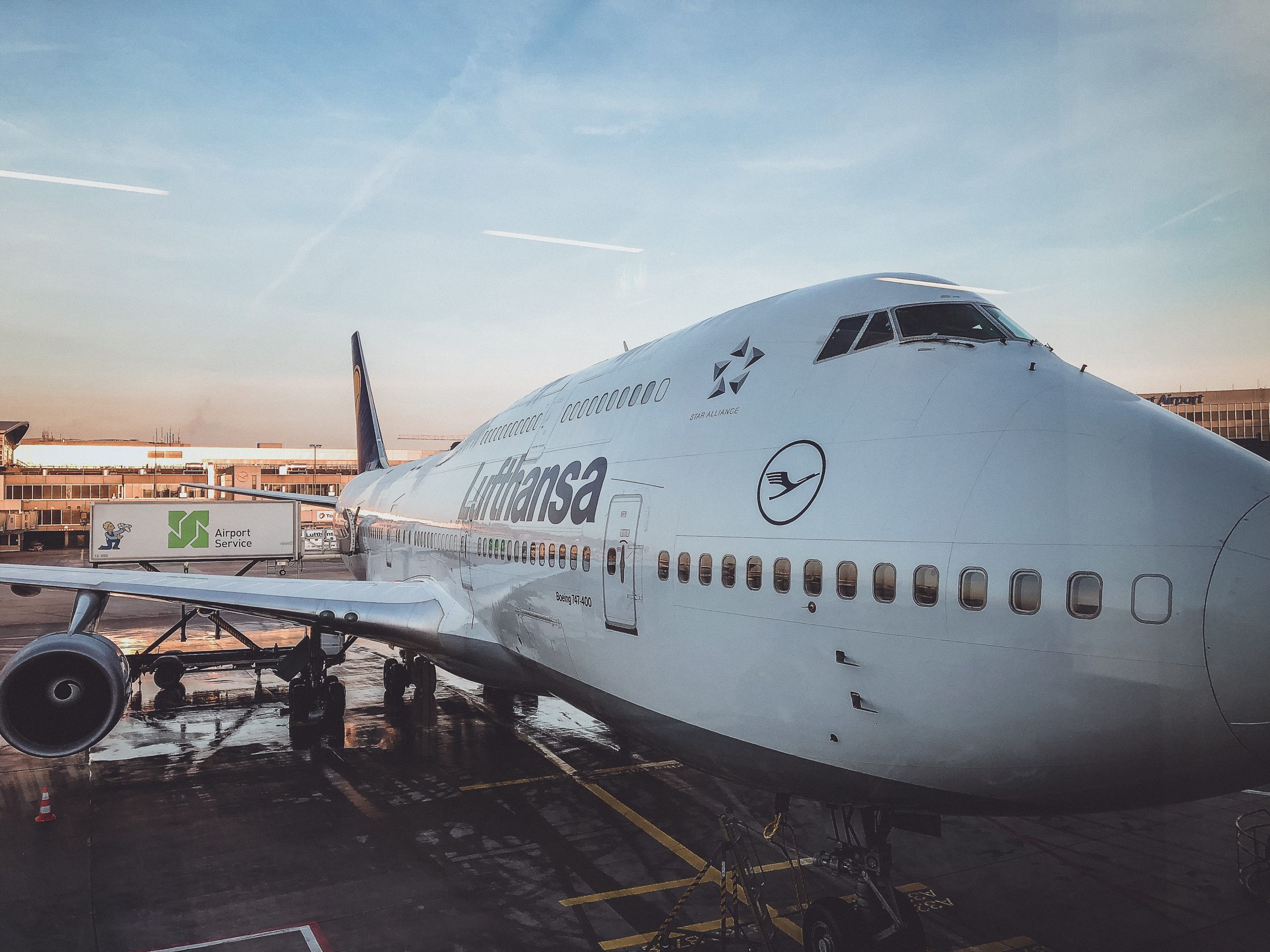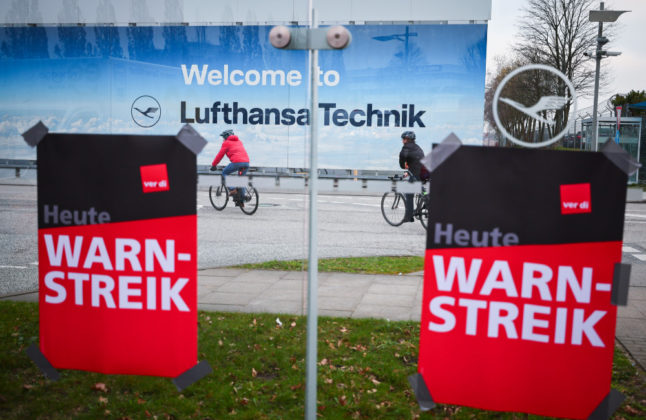The group reported Thursday a net profit of €1.67 billion, up substantially from a figure of €791 million in 2022.
It was slightly below an estimate by analysts surveyed by financial data firm FactSet.
But it still marks a second straight year of profits for the group — whose carriers include Lufthansa, Eurowings, Austrian, Swiss and Brussels Airlines — after two years of losses due to pandemic-related border closures.
“The Lufthansa group has regained its financial strength,” chief executive Carsten Spohr said in a statement.
2023 was “one of the three best years in Lufthansa group’s history”, he added.
Revenues increased 15 percent to over €35 billion, while a total of 123 million passengers flew with the group’s airlines, up 20 percent from the previous year, although still below pre-pandemic record levels.
The group said it wants to pay shareholders a dividend for the first time since 2019, prior to the coronavirus pandemic.
Like other airline groups, Lufthansa was hit hard when the coronavirus shut down global air travel and it had to be bailed out by the German government in 2020.
But the company — one of Europe’s biggest airline groups — has rebounded strongly as demand roared back when lockdowns were lifted.
In its outlook for this year, the group said it expects sales to increase significantly and operating profit to be on the same level as 2023.

Numerous challenges
It still faces numerous challenges, however, the most pressing of which is a wave of recent strikes as unionised workers push for bumper pay rises to compensate for high inflation.
The latest began early Thursday, with Lufthansa ground staff kicking off a nationwide, two-day strike, which is set to cause major disruptions.
Ground staff also walked out in February, affecting some 100,000 passengers and grounding between 80 and 90 percent of the airline’s commercial flights.
Earlier this week, Marvin Reschinsky, from the Verdi union which represents the workers, lashed out at Lufthansa for refusing to accede to their demands while reporting big profits.
While the company reports good results and “bonuses for board members will be increased substantially…. employees on the ground, with hourly wages of €13 in some cases, no longer even know how to make ends meet in the most
expensive cities in Germany,” he said.
Numerous sectors in Germany have been hit by walkouts in recent times, from transport to the civil service.
According to Lufthansa, the ongoing warning strikes have cost the company around €100 million so far this year. In addition, numerous customers have held back on bookings, said CFO Remco Steenbergen on Thursday.
READ ALSO: German air and rail workers walk out simultaneously in new strike round
The airline has also faced problems with hiring staff, as it raced to replace staff that were let go or quit during the pandemic.
Elsewhere, Lufthansa’s bid to acquire a stake in Italy’s ITA Airways has hit turbulence after the European Union’s antitrust authority opened an investigation into the plan, fearing it could hurt competition.
Lufthansa last year agreed to pay €325 million for a 41 percent stake in ITA, with the Italian finance ministry also contributing €250 million as part of the capital increase.
The deal provided the German company various options to increase its stake or acquire ITA Airways outright at a later date.
Lufthansa struck an upbeat tone about the deal Thursday, saying it was “expecting the EU Commission’s approval… over the course of this year”.
The group is “working closely and constructively with the EU Commission to achieve a swift conclusion and subsequent implementation of the transaction,” it added.



 Please whitelist us to continue reading.
Please whitelist us to continue reading.
Member comments